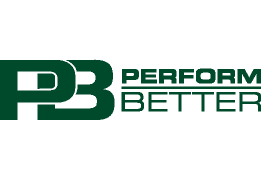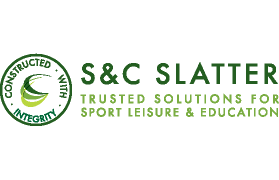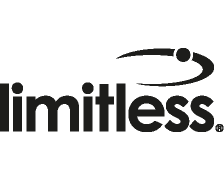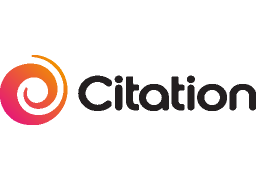Chris Dossett Blog Six June 2025
Continuing to reflect on my weekly school visits I am sharing specific examples of what the best Directors of Sport are doing in their schools.
This blog is titled: The Imperative of Self-Regulation: Practical Strategies for Directors of Sport
Leading at a high level isn’t simply about making the right decisions - it's about consistently showing up with clarity, composure and conviction. In the demanding role of a Director of Sport (DoS), where energy is constantly being poured into others - staff, pupils, parents, senior leaders - your ability to lead well is directly linked to your ability to self-regulate.
As Dr Sally Needham reminded us at the PADSIS DoS conference, great leaders are “regulated humans.” They don’t leave their wellbeing to chance. Instead, they take ownership of it with intentionality and discipline.
What Does Self-Regulation Actually Look Like for a Director of Sport?
It’s easy to nod along with the idea of self-regulation, but what does it actually mean in the day-to-day life of a busy DoS? Here are some practical strategies, along with real examples, that can help bring this concept to life:
1. Physical Activity as a Non-Negotiable
It might sound ironic, DoS are surrounded by sport all day, but how often do we actually move for our own benefit?
Example: One Director of Sport I spoke with starts each day with a 25-minute run before school. “It’s the only time I’m not solving problems or being asked questions,” he said. “It clears my head and gives me a sense of control before the day starts.”
This isn't about training for a marathon. It's about finding a consistent routine that creates mental space, improves mood and helps you handle pressure.
2. Mindfulness and Breathwork to Build Emotional Resilience
Mindfulness isn’t just a buzzword, it’s a tool. Breathwork, meditation apps or even just pausing for a few minutes between meetings can dramatically shift your state.
Example: One female DoS has a simple but effective rule - between every lesson or meeting, she pauses, closes her office door and takes ten deep breaths. “It sounds small,” she said, “but it stops me carrying stress from one interaction into the next.”
Even a mindful three minute walk around the sports hall or field without a phone can serve as a reset. Have you tried box breathing? Or Wim Hof’s breathing technique
3. Nature Exposure to Rebalance
We all know being outside is good for us, but the key is making it deliberate.
Example: A prep school DoS uses his lunch break to walk the perimeter of the playing fields - even in the rain! “It grounds me,” he said. “When I feel overwhelmed, it’s often because I haven’t seen the sky all day.”
Time outdoors doesn’t have to be long. It just needs to be present.
4. Digital Boundaries to Protect Focus & Energy
Emails, WhatsApp groups, notifications - digital noise is relentless. Leaders who self-regulate know they must manage their tech, or it will manage them.
Example: One DoS shared a boundary they set after realising their evenings were being hijacked by email. “Now, I have a 30-minute window between 1800–1830 to respond to key messages. After that, I’m offline. I let staff and parents know my boundaries—and I’ve found most people respect them.”
This reclaiming of attention creates space for deep work, strategic planning and quality connection with colleagues and loved ones. Have you seen Nick Weaver’s Ten Minute Tuesday Takeaway video on “Making Email Great Again”? It is our most viewed video.
5. Leading by Example
Perhaps the most powerful impact of a regulated DoS is what it communicates to others. You’re modelling sustainable leadership. You’re showing your staff and pupils what healthy performance looks like over the long term - not just in a results week or a Cup Final.
Example: One senior leader noted how their DoS, in the busiest term of the year, made a point of leaving at 1630 once a week to attend a yoga class – they walked bold as brass across the playing fields to the car park – modelling good practice! “It signalled to the whole team that looking after yourself wasn’t just allowed - it was essential.”
Final Thought
Self-regulation isn’t selfish - it’s strategic. When you invest in your own wellbeing, you are better able to serve your school, your team and your pupils. You make better decisions, model better habits and lead with greater presence.
Ask yourself:
What do I need to feel at my best?
Where am I running on fumes?
What one boundary or habit could I introduce this week?
You can’t pour from an empty cup. But with self-regulation, you’ll find your cup not only full—but overflowing.
















